By Garba Shehu
One would imagine that business papers like economic success stories; apparently not. Instead, they feast and thrive on negatives. Financial Times, for instance, is worried about a government policy that is enabling boom in rice production in Nigeria. And the Economist is panicky about toothpick manufacturers springing up following tariffs that protect local manufacturers to get off the ground and compete globally.
Both papers only see negatives. Specifically, Economist dwells on out-of-date statistics. Deliberately it turns away from the positives as it will complicate already tailored narratives. Some foreign correspondents keep the storyline simple: Africa is home for all bad things: poverty, disease and crime. And unremitting bleakness lives on the continent, and success is the aberration.
Since only negative reports on Africa make it to the international media, a backward picture of a nation is painted succinctly and efforts at growth in different ramifications, both investment and diplomacy are ignored. From the content of these stories, readers must be baffled that Nigerians know toothpicks, let alone be able to manufacture them.
The fact remains that with squeeze in media budgets there are not enough knowledgeable foreign correspondents based on the continent to report accurate news and uphold journalistic standards. And the parachuting style clearly defies ethics and quality. To cut cost, many media houses rely on the expedience of technology. The highly revered and sacrosanct fact-checking skill of journalism slips as a result. Anyone with a laptop is trusted as credible source. Cogent arguments no longer have a place, instead we have jumbled and emotive criticisms.
For instance, the Financial Times declares proudly that President Buhari failed to spur rice growing, whilst stating that production was at record levels up 60 per cent in 2018 from what we had in 2013. The Economisttalks about overdependence on oil, yet criticises policies such as subsidies or financial incentives that allow local businesses to compete and diversify the economy. It frowns at power shortfalls, but turns around to attack Alhaji Aliko Dangote – the man building the world’s largest oil refinery and improving power infrastructure in Nigeria.
Fundamentally, the foreign correspondents fail to appreciate context – understandably if they have to cover a large “patch” with shoe-string budgets, but never-the-less it is impermissible as facts must remain sacred. The Economist states that the economy was “sputtering” when President Buhari’s first term began in 2015, and still concluded he made a “bad situation worse”. “Sputtering” sounds euphemistic. The reality is that the economy was on its knees. The overdependence on oil, paired with impending global commodity crash, made the entry into recession at the beginning of the term inevitable. Now, however, the first quarter growth of 2019 has been the strongest.
The International Monetary Fund (IMF) recently said analysts and onlookers must recognise “how deep the shock” was to the economy. As a famous American business magnate observed: “Only when the tide goes out do you discover who’s been swimming naked.” Indeed, Nigeria had been awash in oil dollars (over $100 a barrel), yet previous governments failed to add muscle to the economy.
Since the recession struck (crude oil went below $40 per barrel), the government has taken measures to redress weaknesses in our economy. The IMF goes on to praise the strong diversification in the economy and welcome the focus on public investment. For instance, the government has spent record figures on infrastructure in the past two years and capital expenditure is now around 30 per cent of the budget, rather than inadequate 10 per cent in 2015.
There has also been a drive to self-sufficiency where possible. It makes no sense for Nigeria to import rice, yet foreign shipments were dumped to maintain dependency. Farmers needed help: strategic tariffs were applied to allow for initial competition, whilst the Central Bank of Nigeria financial initiatives allowed growers to access capital for fertilizer and equipment. Over the past three years, production has risen year-on-year. Nigeria, as of 2018, is Africa’s largest producer of rice. Self-sufficiency has almost been attained.
From reading some foreign articles, you would be surprised to find these success stories mentioned; amazed that anyone would cheer the decision on tariffs to ward off desolation. And the failure to see or present any achievement perpetuates stereotypes that serve as disincentives to Foreign Direct Investment and partnership.
Granted, there are challenges in Nigeria. The country is a large and diverse nation with structural challenges that have been passed down through decades. But foreign reports ignore the complexity, and instead offer platitudes as solutions. This diminishes the difficulties facing those in governance: they must merely “stamp out corruption” or “improve governance” – common advice amongst those quick to criticise, but barren in tangible and measurable solutions.
Similarly, we are told to “harness the vim of Nigerians” – which is true. But this seems obvious as to even need mentioning. It is – to be sure – how you do that. We in governance have no illusion about this. Vim is harnessed when a nation has decent infrastructure that connects the economy, and thousands of miles of road have been constructed, as well as the expansion and upgrading of colonial-era railway network. When children have good education; we are currently ensuring 9 million free school meals daily across the nation and it has boosted enrolment and attendance. And when business reforms create enabling environment; already Nigeria has gone up 24 places in Ease of Doing Business ranking since 2018, and the country is currently one of the top 10 global reformers, which is good news!
Garba Shehu is Senior Special Assistant to the President, Media & Publicity.











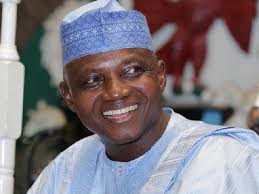


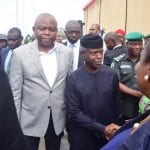




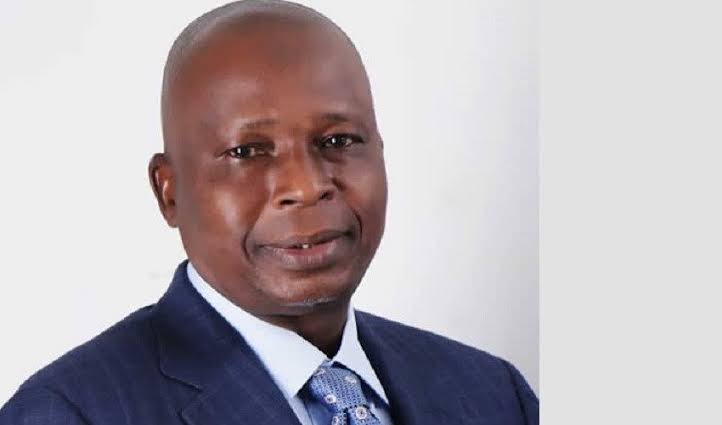


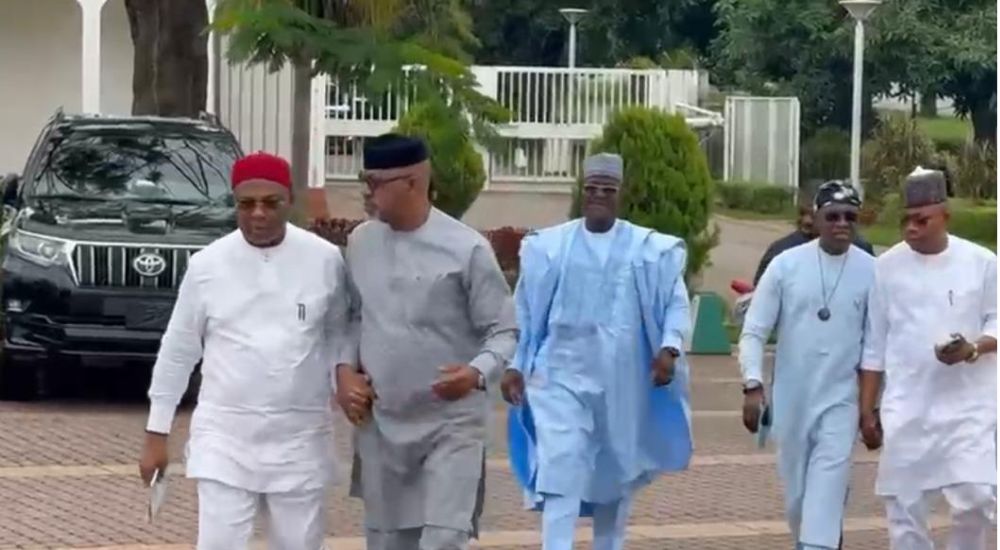

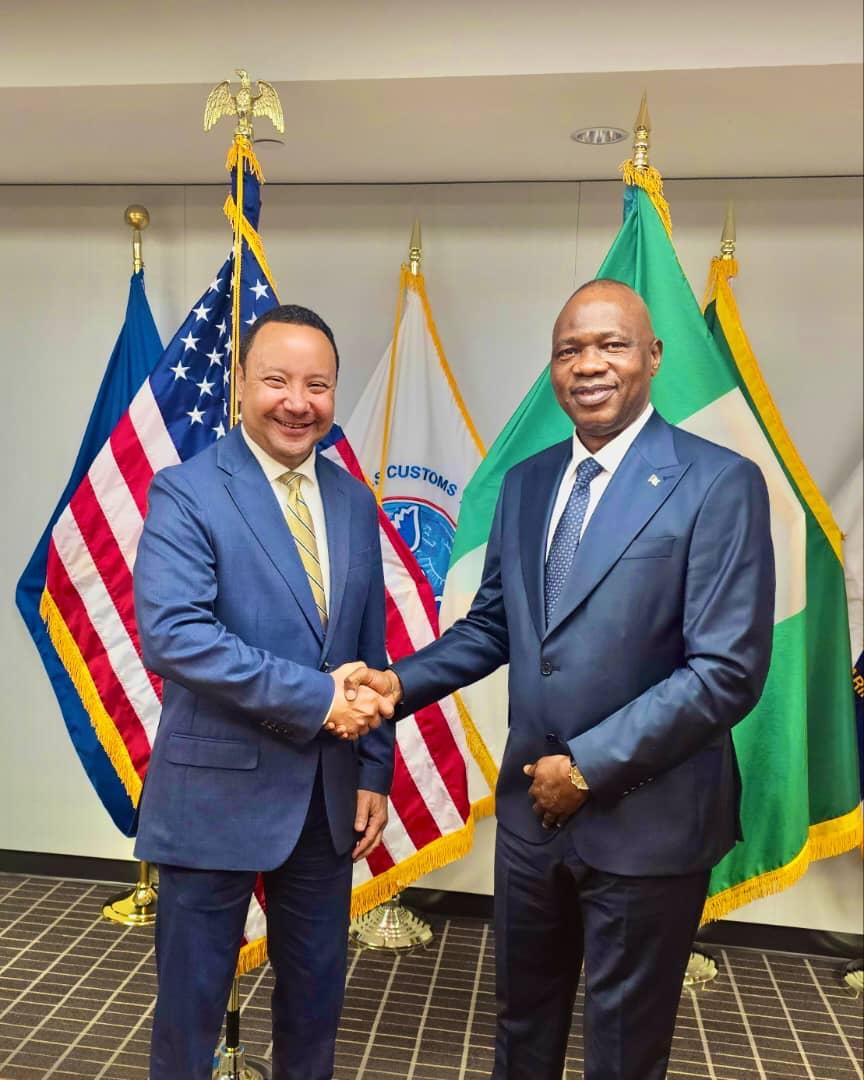
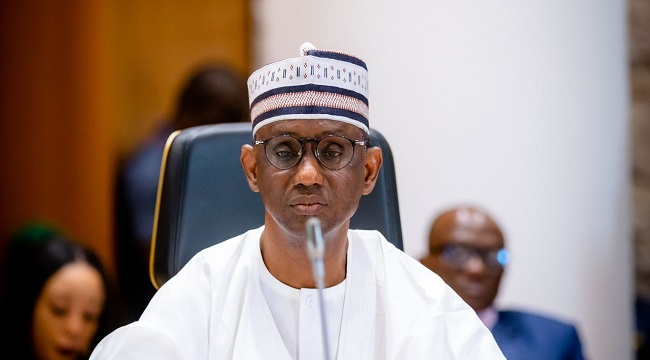
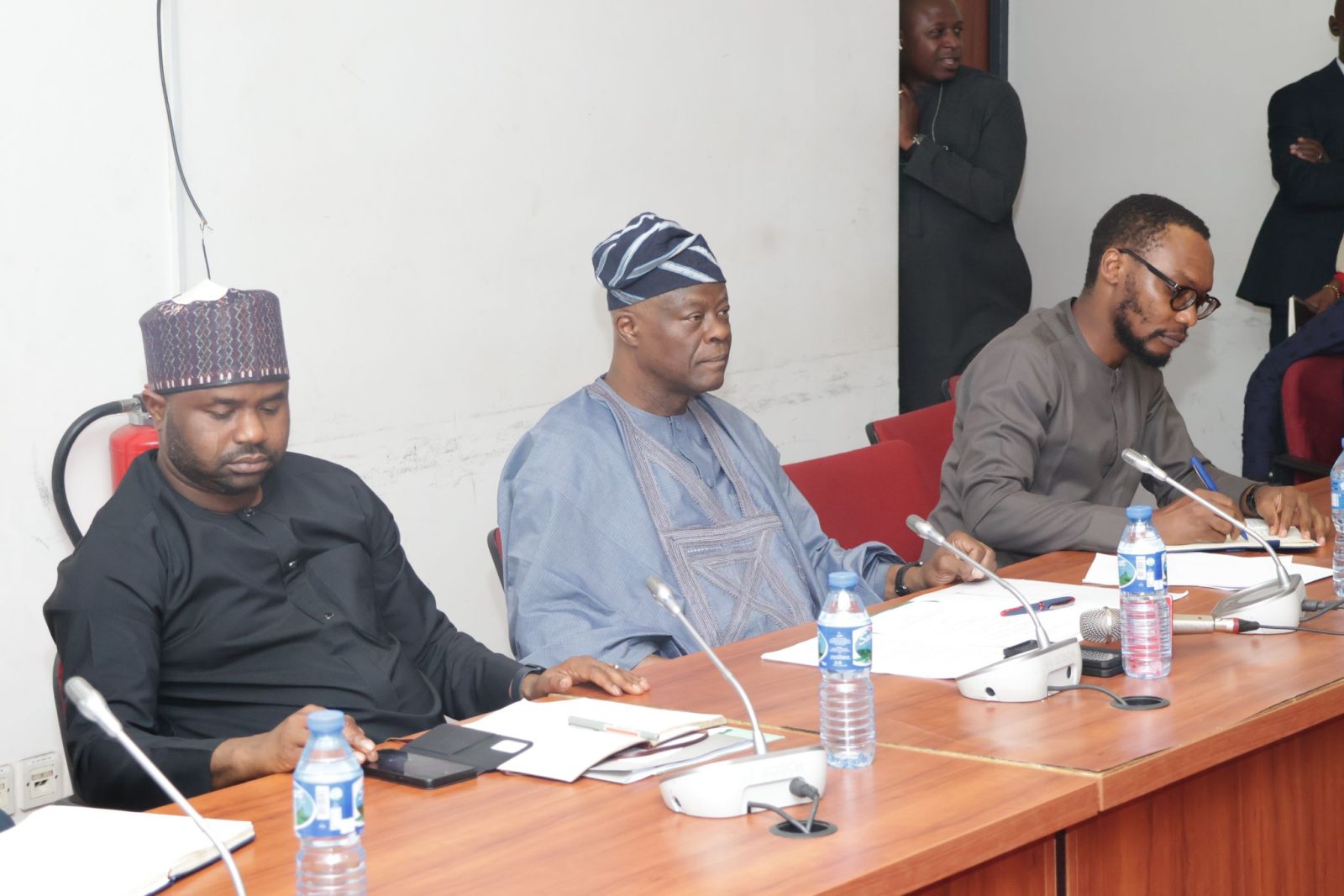
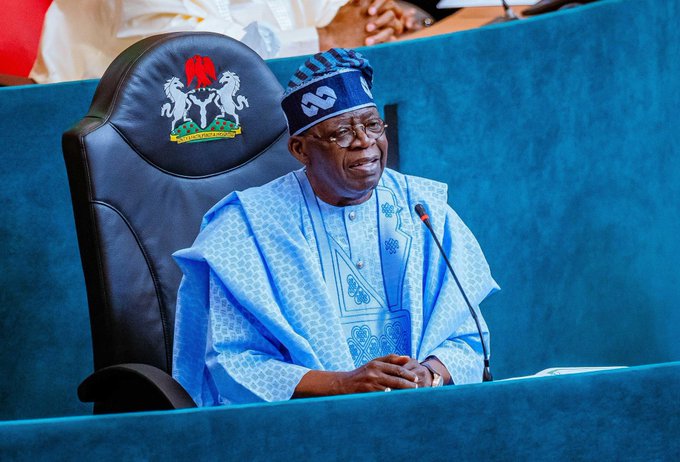

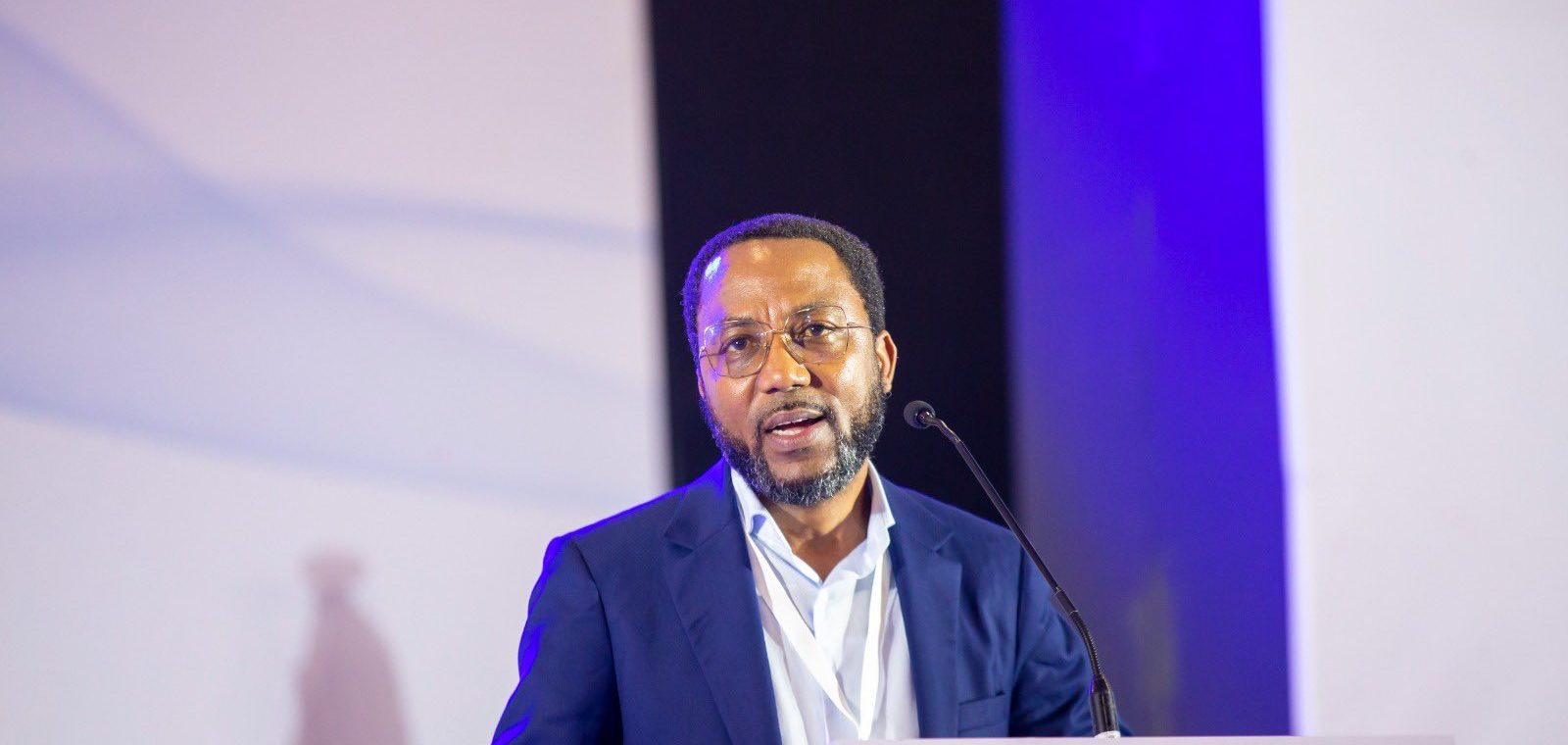
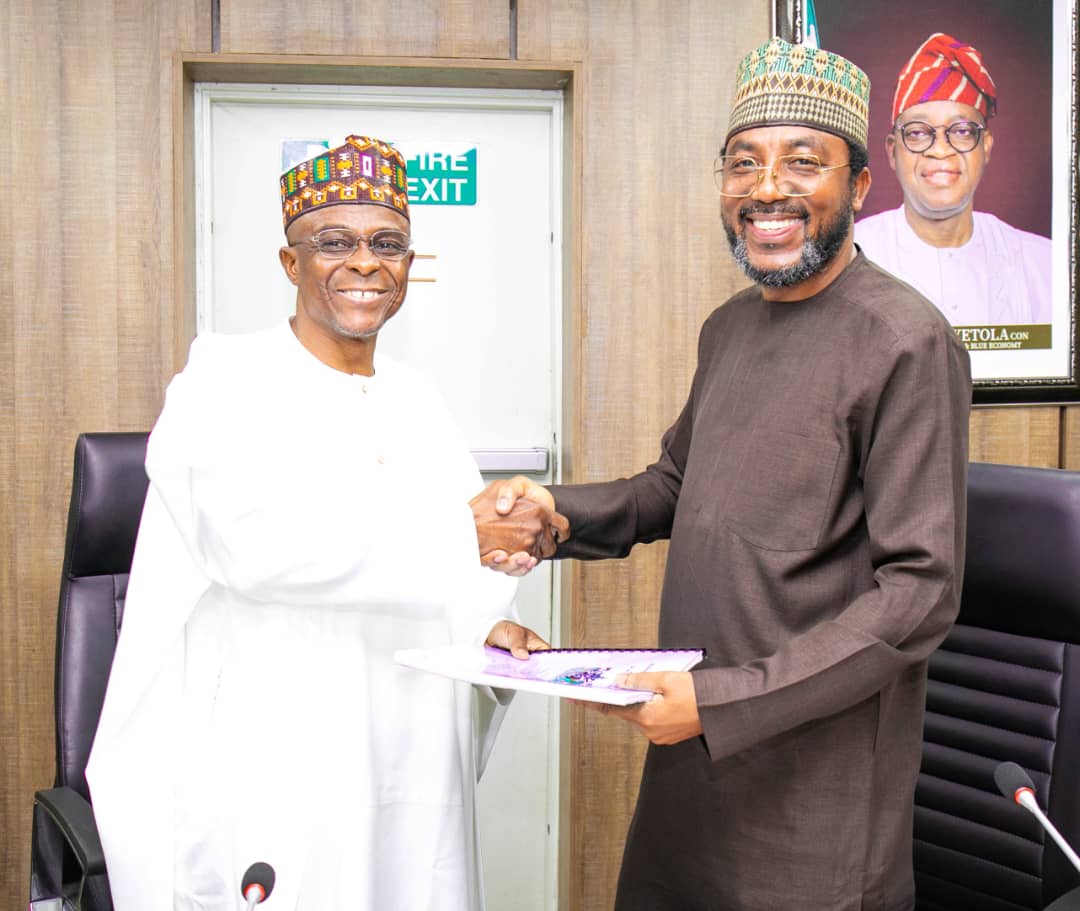

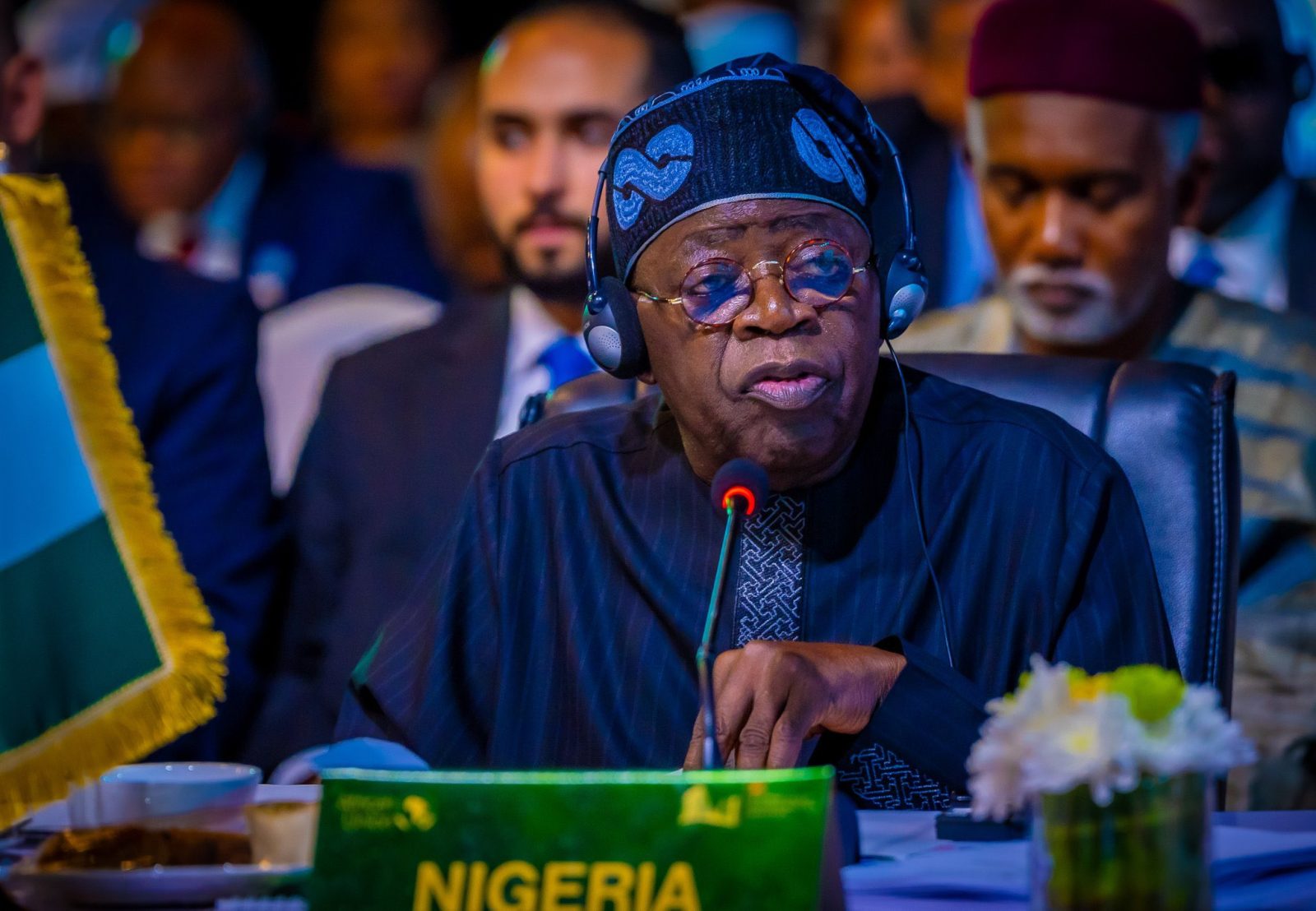
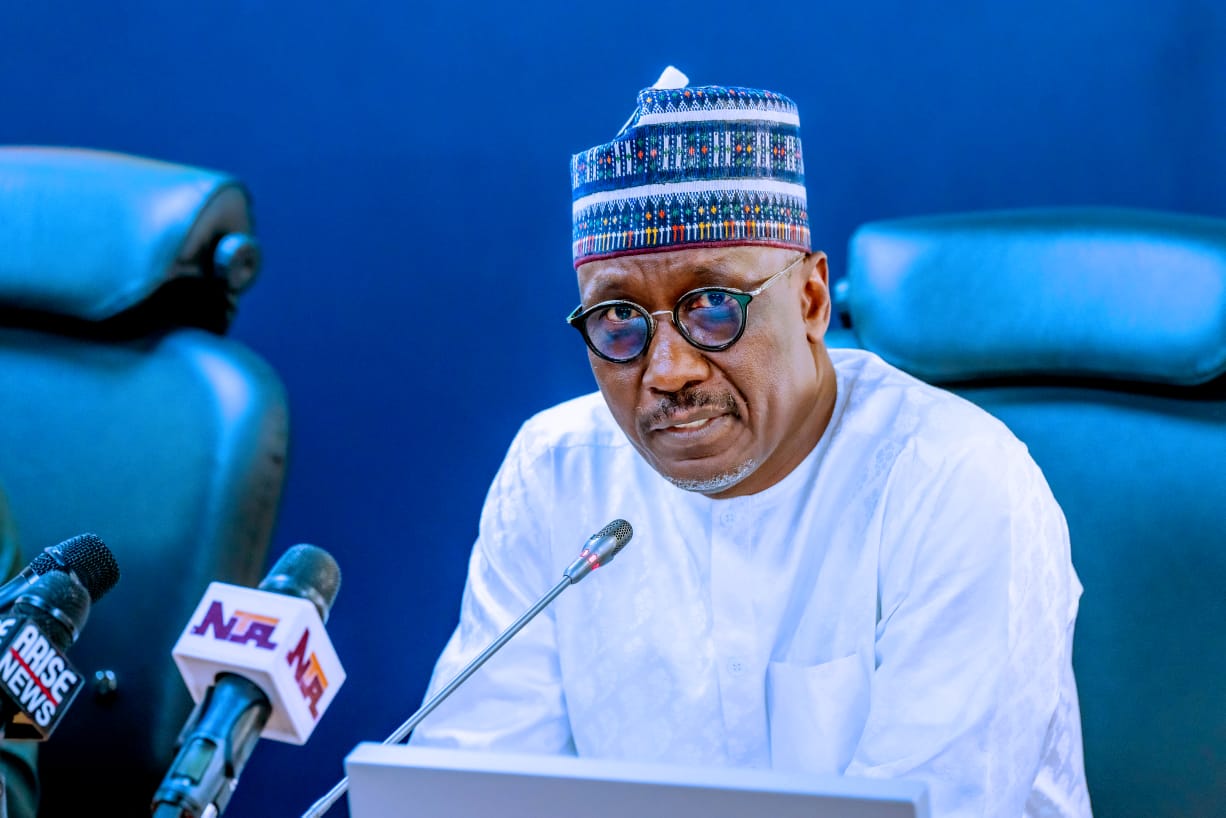


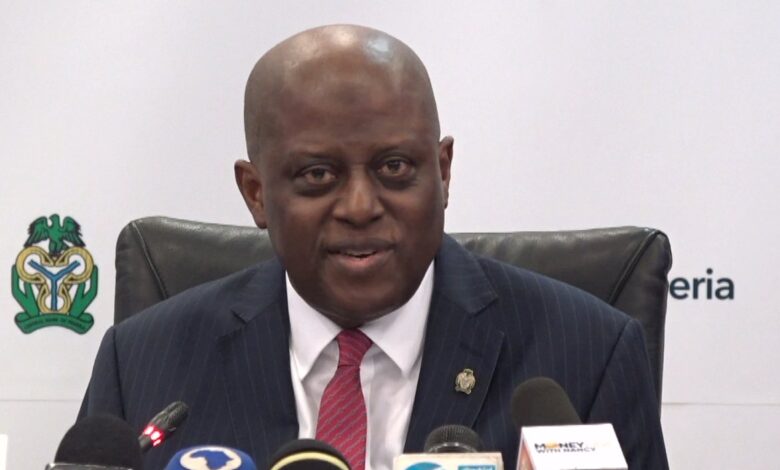
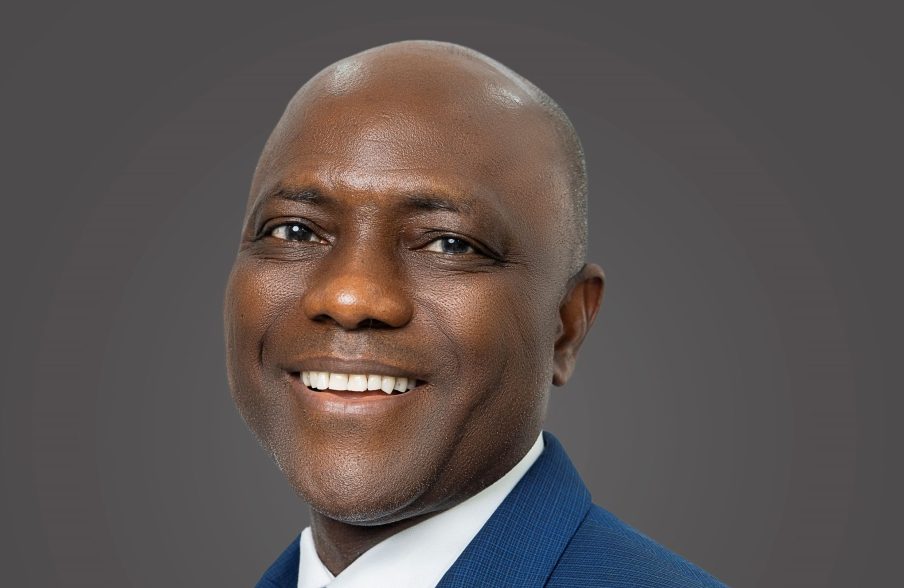
Leave a comment